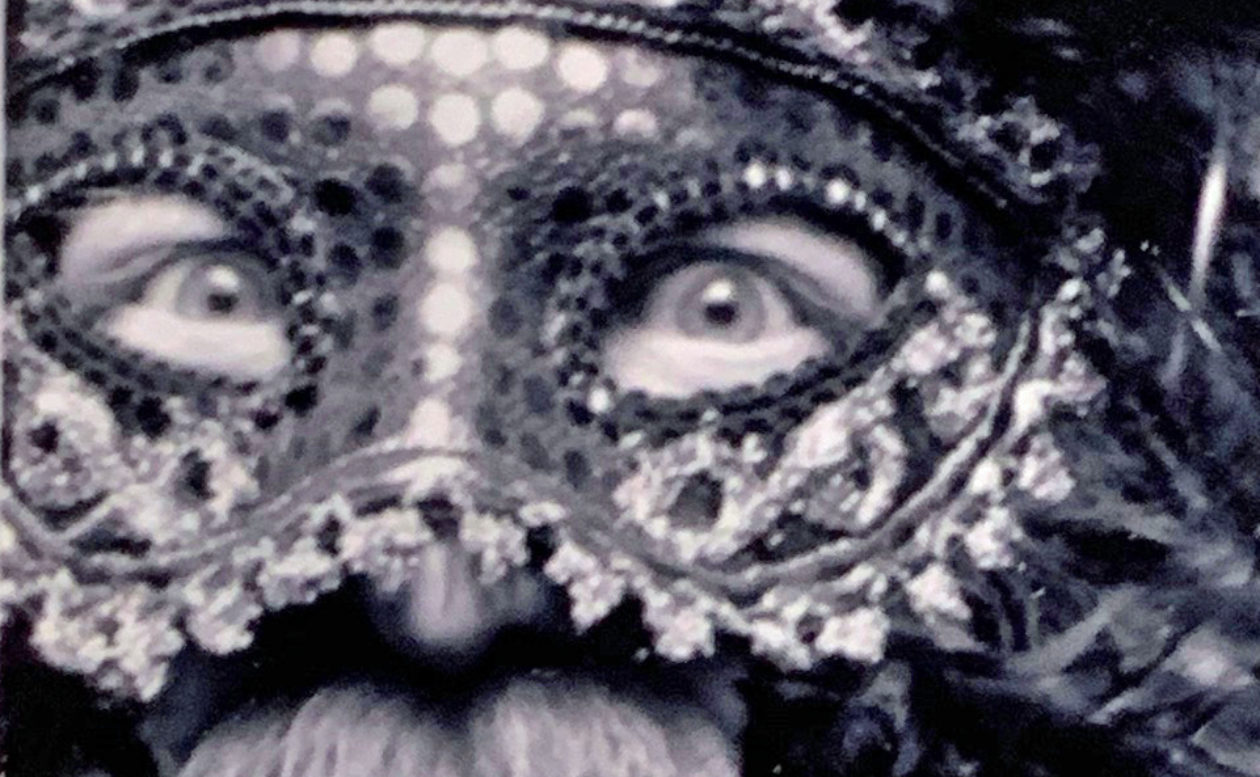When morphine slowed and thickened
my Dad’s voice,
he told anyone who would listen
about the bee colony
in his hospice room.
Back and forth,
they flew.
He said in his dry, dying-man voice,
“I think they are moving
from one place to another.”
Dad, deep in glaucoma,
without his glasses,
high as he ever had been in life,
watched bees
go back and forth
building,
while he was dying.
Two days before his death, Dad,
who was vain about his voice,
who some would say was vainglorious about talking,
who was not a conversationalist so much as
one who didn’t know when to listen,
used the last of his voice
to castigate my sister,
for a mass of imagined insults and disappointments
over a malignant lifetime.
She left in tears and vowed never to return.
Something sacred had broken
and it couldn’t be healed over
or sealed up, at least not in time.
The golden honey of her daughter’s love
had drained out
and was lost upon the ground.
When he finished,
and she had left,
the cancer took his voice.
And still he watched the bees coming and going,
tearing down and building;
he signed to me
to bring my sister back to him
that he might make amends.
I did not know how to trust him either.
Bees make honey
but bees have stingers.
And when they sting, they die.
For two days,
I went back and forth
to bring my sister back to my father’s death bed
And when she consented,
with steel in her voice,
and steel in her backbone,
and steel in her jaw,
I promised I would be with her.
He took her warmth in both of his paper-dry cool hands
And clutched her hand to his thin chest
near his heart.
He looked at her face and moved his rough lips
and though he was no longer taking water,
tears squeezed out of the corners of his eyes
and rolled backward
across his ears
onto the smooth hospice pillowcase.
That night, he moved on–
no more back and forth.
Five years later, my sister thanked me
for being tough with her
and for insisting,
although I don’t remember it
exactly like that.


